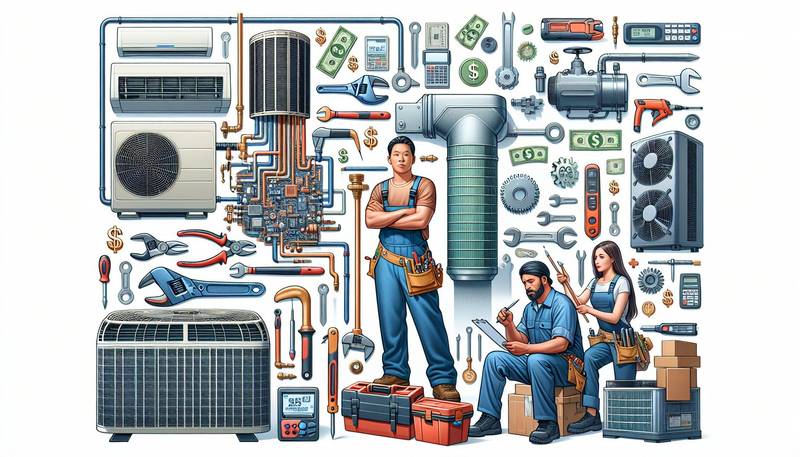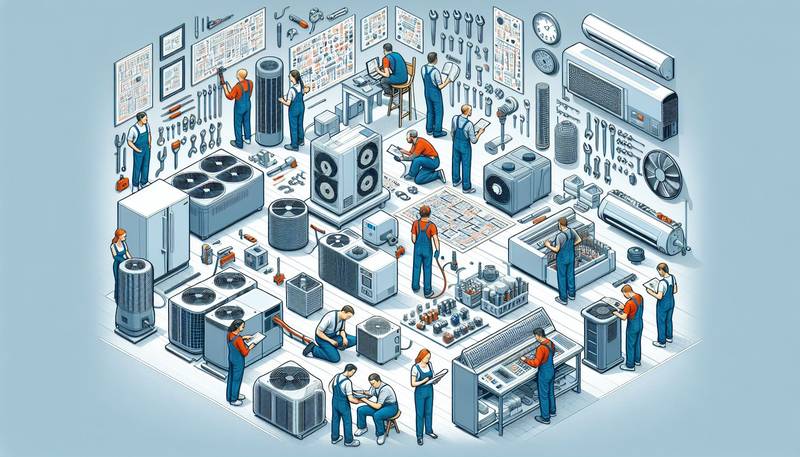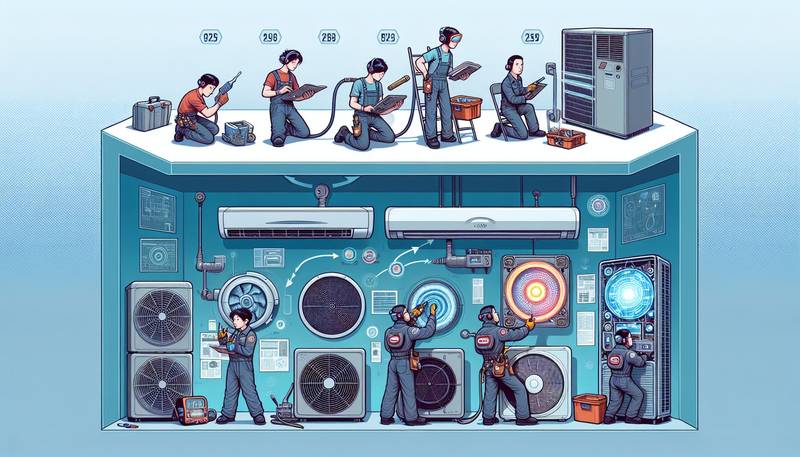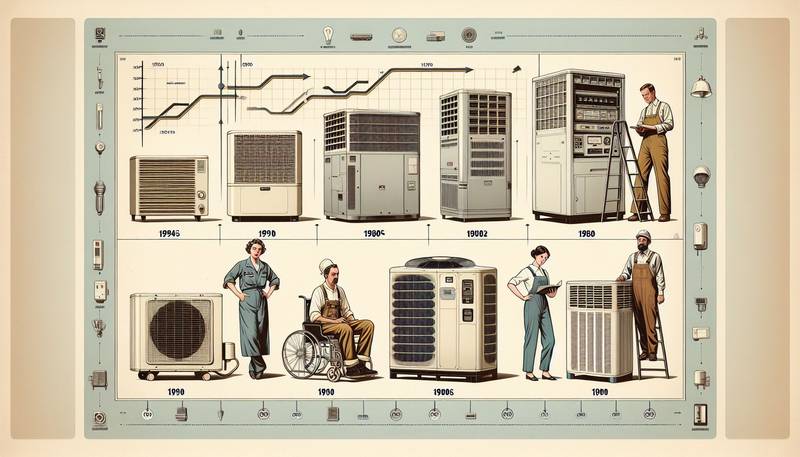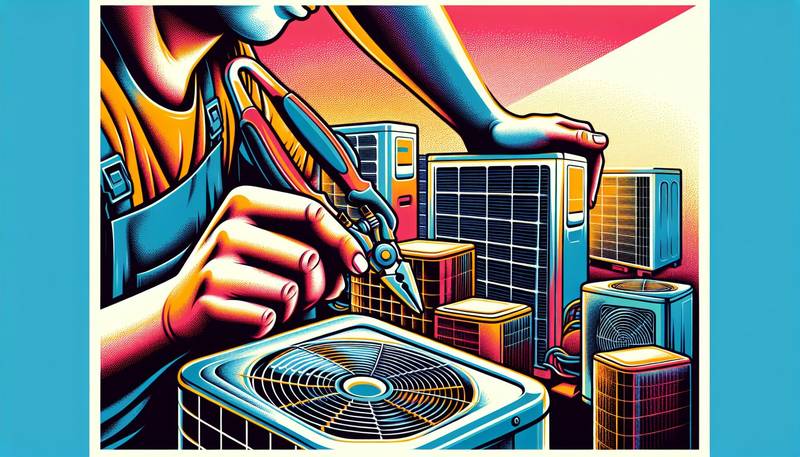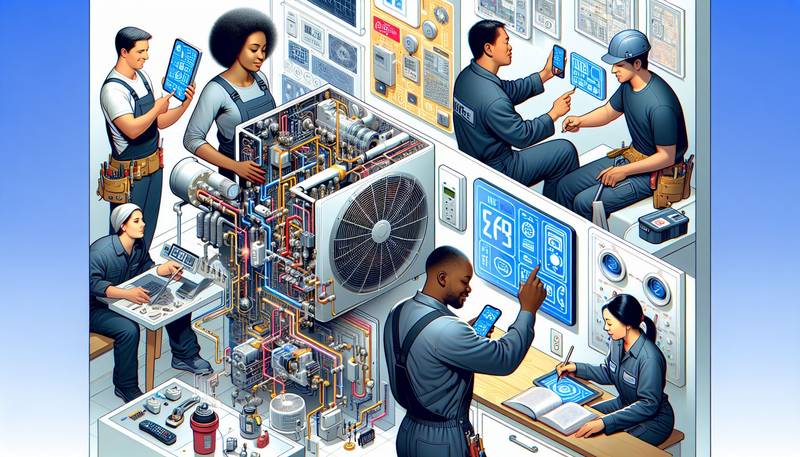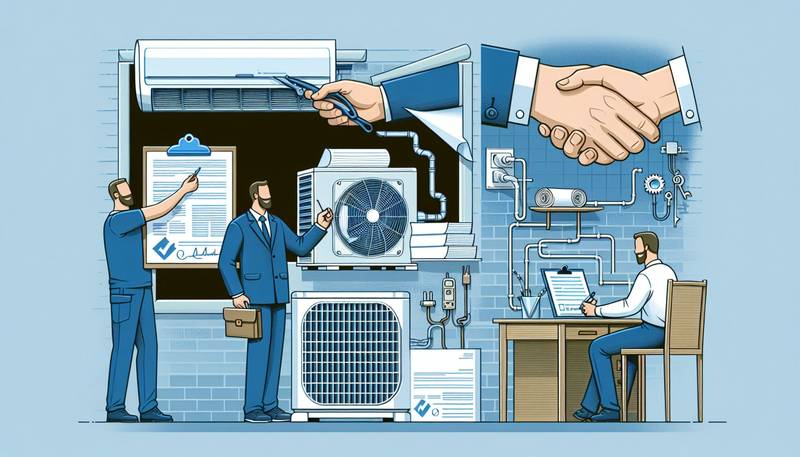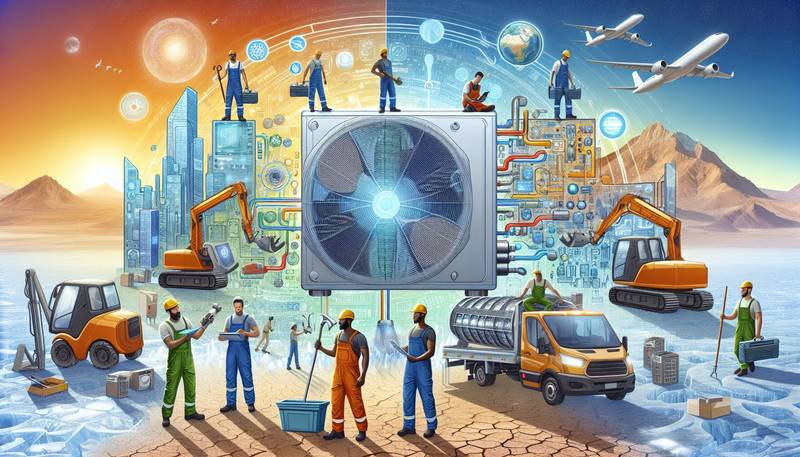Salary Expectations in the Air Conditioning Industry
However, many individuals considering a career in this field may be curious about the salary expectations that come with it. In this article, we will explore the factors that influence salaries in the air conditioning industry and provide insights into what professionals can expect in terms of compensation.
Factors Influencing Salary Expectations
Several factors impact the salary expectations for individuals working in the air conditioning industry. These factors include education, experience, certification, job role, geographic location, and the type of employer. Additionally, market demand for skilled professionals, economic conditions, and industry trends can also affect salary ranges in this field.
Education and Certification
Generally, individuals with higher levels of education and specialized certifications tend to command higher salaries in the air conditioning industry. A bachelor's degree in mechanical engineering or a related field can lead to lucrative opportunities in roles such as HVAC engineer or system designer. Additionally, obtaining certifications from industry-recognized organizations like the North American Technician Excellence (NATE) or the Air Conditioning Contractors of America (ACCA) can enhance one's earning potential.
Experience
Experience plays a significant role in determining salary levels for air conditioning professionals. Entry-level positions such as HVAC technician or installer typically offer lower salaries compared to roles like HVAC project manager or service manager, which require several years of experience. As professionals gain more experience and expertise in the field, they can negotiate higher salaries and better benefits packages.
Job Role and Responsibilities
The specific role and responsibilities of an individual in the air conditioning industry can also influence their salary expectations. For example, service technicians who are responsible for diagnosing and repairing HVAC systems may earn less than HVAC sales engineers who are tasked with selling and designing complex air conditioning solutions. Project managers, estimators, and supervisors often receive higher salaries due to the increased level of responsibility associated with their roles.
Geographic Location
Salaries for air conditioning professionals can vary significantly based on geographic location. Urban areas with a high demand for HVAC services and a higher cost of living generally offer higher salaries to attract and retain talent. For example, HVAC technicians working in metropolitan cities like New York or Los Angeles may earn more than those working in rural areas or smaller towns. It is essential for professionals to consider the cost of living when evaluating salary offers in different locations.
Type of Employer
The type of employer can also impact salary expectations in the air conditioning industry. HVAC contractors who work for large companies or government agencies may receive competitive salaries, benefits, and opportunities for career advancement. In contrast, self-employed HVAC technicians or small business owners may have more control over their earnings but must also bear the costs of running their business. Understanding the pros and cons of working for different types of employers can help individuals make informed decisions about their career paths.
Industry Trends and Economic Conditions
Industry trends and economic conditions can play a significant role in determining salary expectations for air conditioning professionals. Technological advancements, such as energy-efficient HVAC systems and smart thermostats, may create new opportunities for skilled workers and lead to higher salaries. Economic downturns or fluctuations in the construction industry can impact job availability and wage growth in the air conditioning sector. Staying informed about industry trends and economic conditions can help professionals anticipate changes in the job market and adjust their salary expectations accordingly.
In conclusion, salary expectations in the air conditioning industry are influenced by various factors, including education, experience, certification, job role, geographic location, and the type of employer. By considering these factors and staying informed about industry trends, professionals can better understand the earning potential in this field and make informed decisions about their careers. Ultimately, individuals who invest in their education, gain relevant experience, and stay abreast of industry developments are likely to command higher salaries and enjoy a rewarding career in the air conditioning industry.
